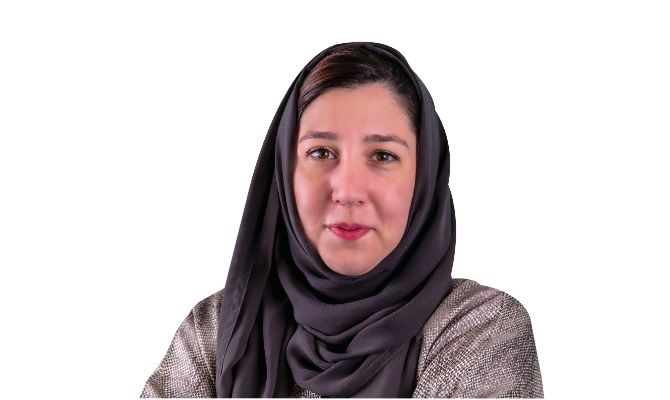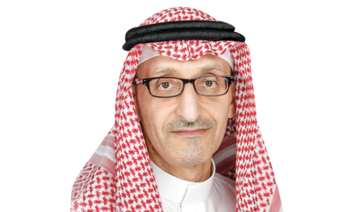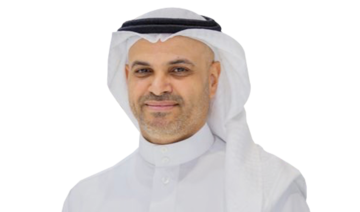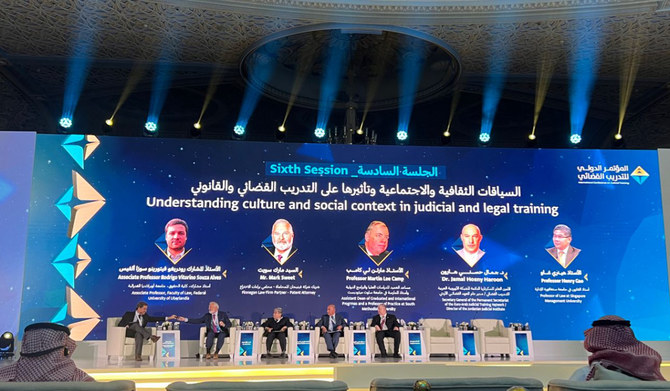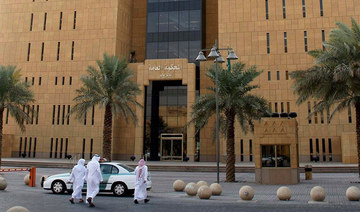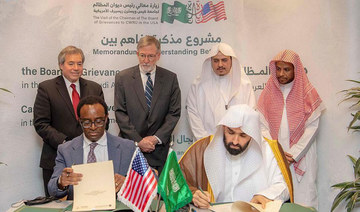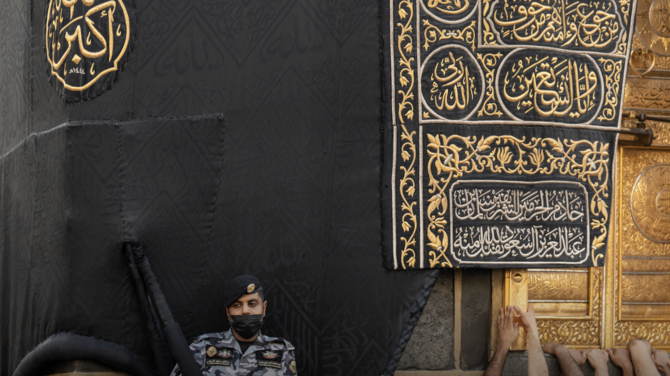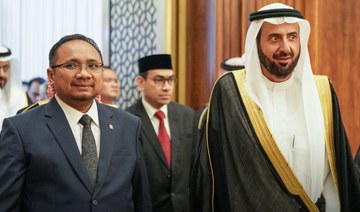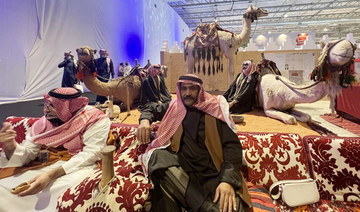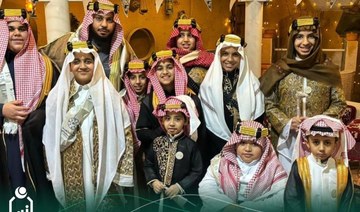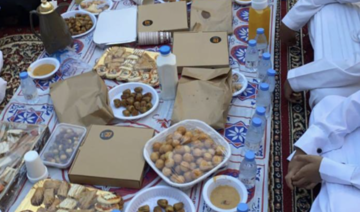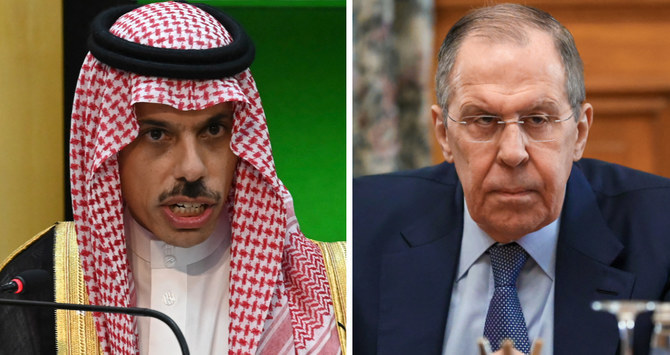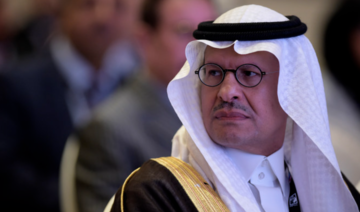Sarah Al-Husseini has been the general director of international cooperation at the Saudi Ministry of Tourism since 2019.
She plays a key role in coordinating the Kingdom’s tourism engagements in international organizations, such as the UN World Tourism Organization (UNWTO), and cooperation with countries at a bilateral level.
Al-Husseini is also the current chair of the G20 Tourism Working Group. Under her leadership, the group successfully delivered the 2020 outcomes to support the tourism sector’s recovery from the coronavirus disease (COVID-19) pandemic, inclusive community development through tourism, and safe and seamless travel.
She coordinated a strong ministerial communique for the tourism workstream while advancing tourism on the agenda of the G20.
Al-Husseini started her career in New York, working for the Permanent Mission of Saudi Arabia to the UN.
Before joining the Ministry of Tourism, she managed Saudi Arabia’s candidature campaigns for multilateral organizations and coordinated the Kingdom’s support for other countries’ candidatures.
She has also worked as an expert on the legal affairs and counterterrorism, and budgetary and administrative committees and contributed as a humanitarian aid coordinator during her tenure at the permanent mission in New York.
Al-Husseini gained a bachelor’s degree in international studies from the American University in 2010, a master’s degree in diplomacy and international relations from Seton Hall University, New Jersey, in the US, in 2012, and a master of science degree, specializing in global security and multilateral counterterrorism policy, from Rutgers University’s division of global affairs in 2015.
On global reaction to Saudi Arabia’s ambitious plans, she told Arab News: “The UNWTO regional office in the Middle East which will be hosted in Riyadh, was Saudi Arabia’s way of bringing the necessary tourism resources to the Middle East.
“Knowing that the Middle East is hugely diverse with cultural and heritage offerings, adventure, natural tourism, sun and sea, we see a lot of potential in the region.
“The UNWTO regional office will bring human capacity building for women, youth, and rural communities. It will also bring capacity building for governments in the private sector, and most importantly, it will bring data and research insight to help governments, decision-makers, policymakers as well as investors and private sectors to be able to develop their decision making and investing within the region,” Al-Husseini added.



